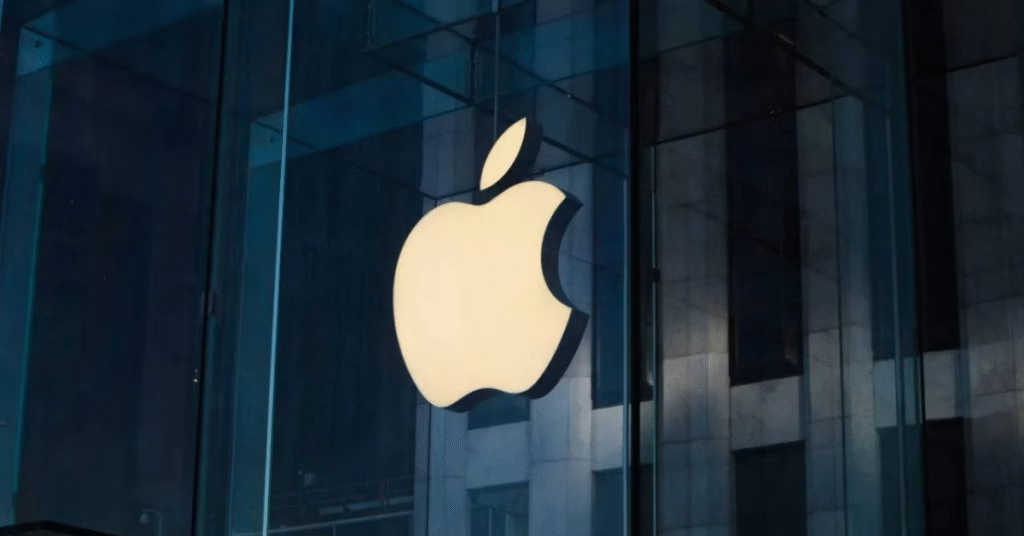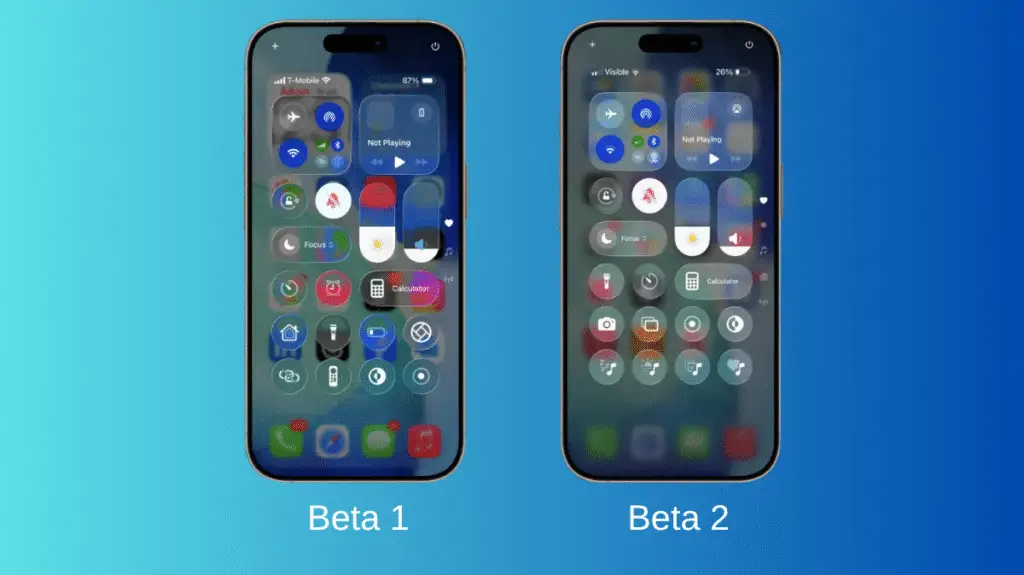
Brussels/San Francisco — September 28, 2025
Apple has intensified its criticism of the European Union’s Digital Markets Act (DMA), warning that the landmark regulation is forcing delays to several of its upcoming features in Europe and creating what it calls a “worse experience” for customers in the region.
In a statement released Thursday, the iPhone maker said the DMA’s strict interoperability rules make it difficult to protect user privacy and maintain the seamless integration of its ecosystem. As a result, Apple confirmed it will hold back several features from EU users, including live translation for AirPods, iPhone mirroring on Macs, and personalized navigation tools in Apple Maps. The company cautioned that this list “will probably get longer” as compliance challenges grow.
Apple also urged the European Commission to reconsider the law, calling for the DMA to be repealed until a “more appropriate” framework is introduced. The company argued that being required to open its ecosystem to third-party app stores and payment systems increases the risk of fraud, malware, and scams, directly impacting user safety.
The pushback comes months after the EU fined Apple more than $550 million for violating the DMA by restricting app developers to Apple’s in-app payment system. Apple has since appealed the decision.
European Commission spokesperson Thomas Regnier dismissed Apple’s claims, stressing that the DMA is not about reducing privacy or security standards, but about fair competition and consumer choice. “Nothing in the DMA requires companies to lower their privacy standards,” Regnier said. “It is just about giving users more choice and opening the European market.”
Apple maintains that while it has proposed ways to balance compliance with user safety, its suggestions were rejected by regulators. According to the company, EU customers will increasingly face delays in accessing Apple’s latest innovations compared to other regions.
The dispute underscores a growing tension between Big Tech firms and European regulators, with Apple at the forefront of resistance against sweeping digital market reforms.
Our Take
Apple raises a fair point about user privacy, but using the DMA as a reason to delay features risks frustrating EU customers. Instead of resisting, Apple might gain more trust by adapting its ecosystem while keeping security strong.
See Also OnePlus 15 Tipped for Early 2026 Launch, Skipping the ‘14’ Series
Discover more from Phoonomo
Subscribe to get the latest posts sent to your email.




